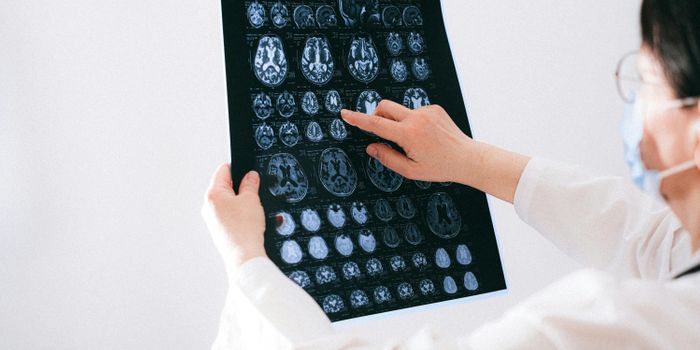Dancing Improves Mental Health
A study published in Complementary Therapies in Clinical Practice found that dance has physical and mental health benefits for those dealing with mental health challenges. A UCLA health research team analyzed 1,000 surveys submitted from study participants all over the world to examine the influence of conscious dance. This dance form encourages self-discovery through unchoreographed movement, and many dancers report it has positively influenced their health and quality of life.
The study participants were 70% female and 30% male, and approximately 50% were located in the United States. 81% self-reported a stress-related health condition such as chronic pain, depression, anxiety, history of substance abuse/addiction, or history of trauma. 98% reported dancing improved their mood and the capability to cope with stress. It also improved their confidence and compassion for others. The majority reported that conscious dance helped them cope with their condition, ranging from 88% among those with a history of addiction to 96% for participants with anxiety or depression.
Conscious dance is practiced in group settings with instrumental and/or electronic music. These dance gatherings are usually drug and alcohol-free events that emphasize emotional safety and consent whether dancing with others or alone. Dr. Siddarth explains how conscious dance works, “It is free flow, it’s free moving. It invites reflection. It’s more meditative rather than physical. Because it is self-led, it makes it easier to let go. You’re not following rules or instructions.” Free flowing dance allows the dancer to engage more in the emotional elements of dancing instead of the usual cognitive and problem-solving pre-frontal activity.
Other studies have found a strong association between dance and improvements in cognitive functioning and mood in patients suffering from neurodegenerative disorders. Psychologist and dancer Peter Lovatt noted that dance contributed to significant physiological and emotional improvements for patients with Parkinson’s disease. Lovatt and his University Hertfordshire research team have determined that dance is unique among other forms of exercise. Dance is distinct from other forms of physical exercise because it has 3 elements that are vital to improving health: dancing is social, physical, and cognitive. Engaging in activities that require social interaction, physical exertion, and problem-solving positively impacts brain functioning.
Future UCLA health studies will focus on how dance can be incorporated into treatment for mental health conditions.
Source:








